Homes4Life partner AGE Platform Europe is co-organising an online event with the German Federal Ministry for Family Affairs, Senior Citizens, Women and Youth, and the German National Association of Senior Citizens’ Organisations (BAGSO).
The topic of the conference will be on the “Strengthening Older People’s Rights in Times of Digitalisation – Lessons learned from COVID-19”
The online event will take place on Monday, 28 September 2020 afternoon, 1.30 p.m. 4.00 p.m. and Tuesday, 29 September 2020 morning, 9.30 a.m. 12.30 p.m.
Representatives from all EU Member States, EU and international institutions, civil society organisations, national human rights institutes as well as all interested individuals are invited to participate in the event and exchange views and ideas on the challenges and opportunities related to digitalisation and older people.

Building on the lessons learned from the COVID-19 pandemic, the conference will put forward recommendations for EU and national policy actions, ahead of the EPSCO-Employment, Social Policy, Health and Consumer Affairs Council’s conclusions ‘Human Rights, Participation and Well-Being of Older Persons in the Era of Digitalisation’ on 13 October 2020.
The programme is available in English – German – French
Read the invitation in English – German – French
Register here to get the access code for the online-conference. It will be broadcasted via livestream (in the browser of your device).




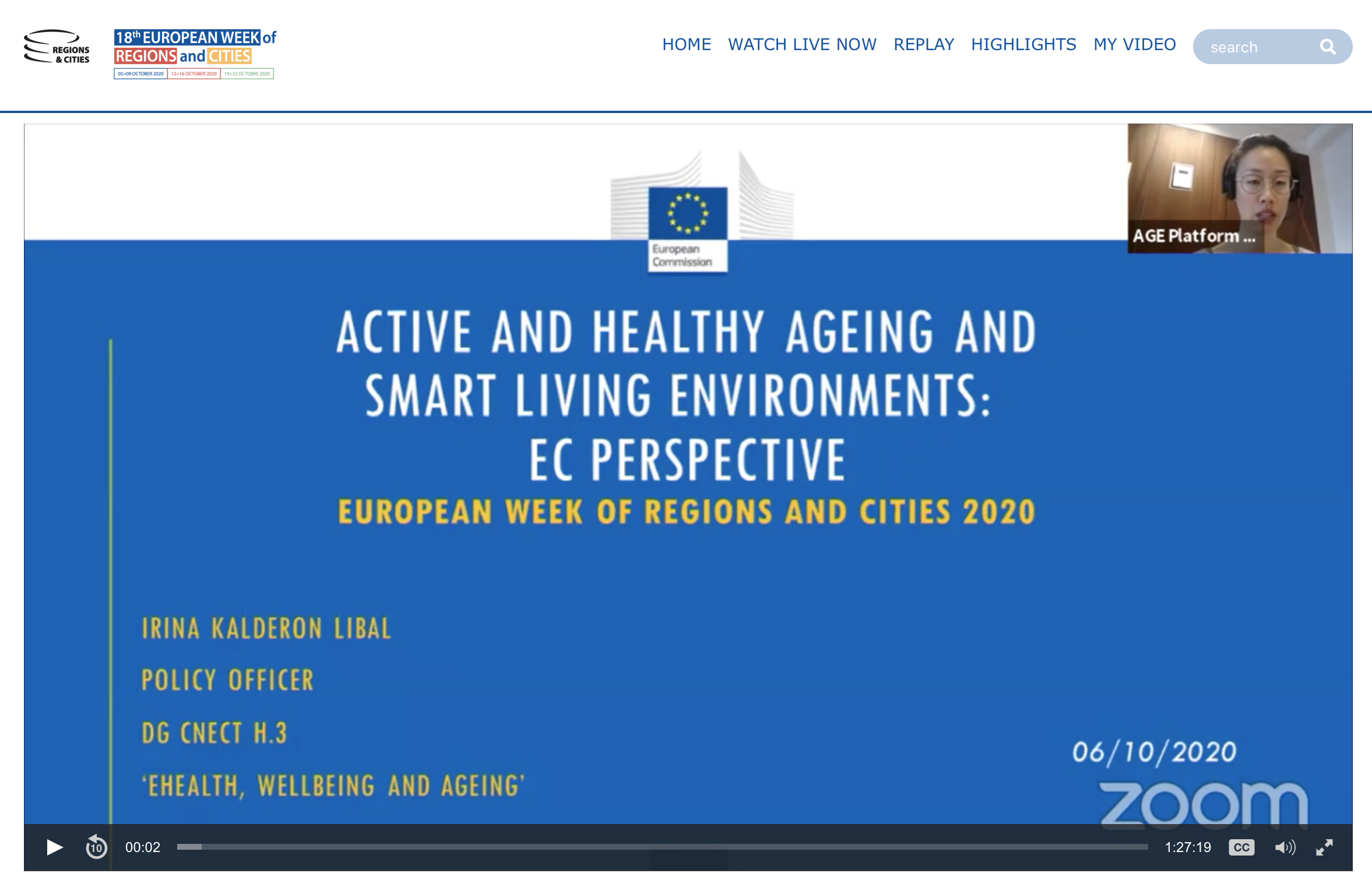

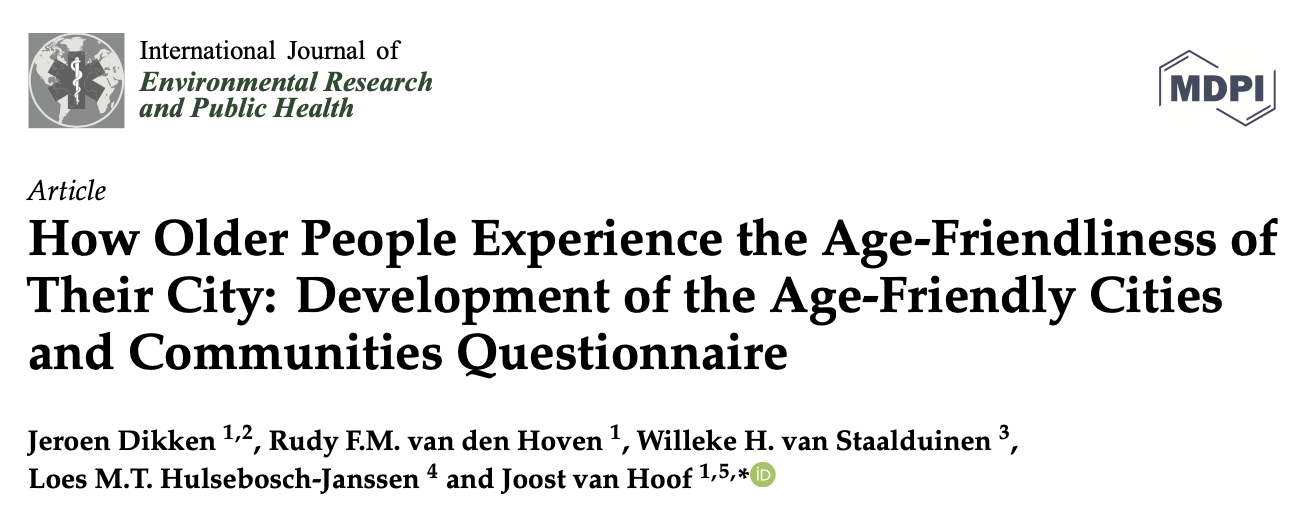

 The EESC held a webinar on affordable housing on September 10th 2020, where
The EESC held a webinar on affordable housing on September 10th 2020, where 